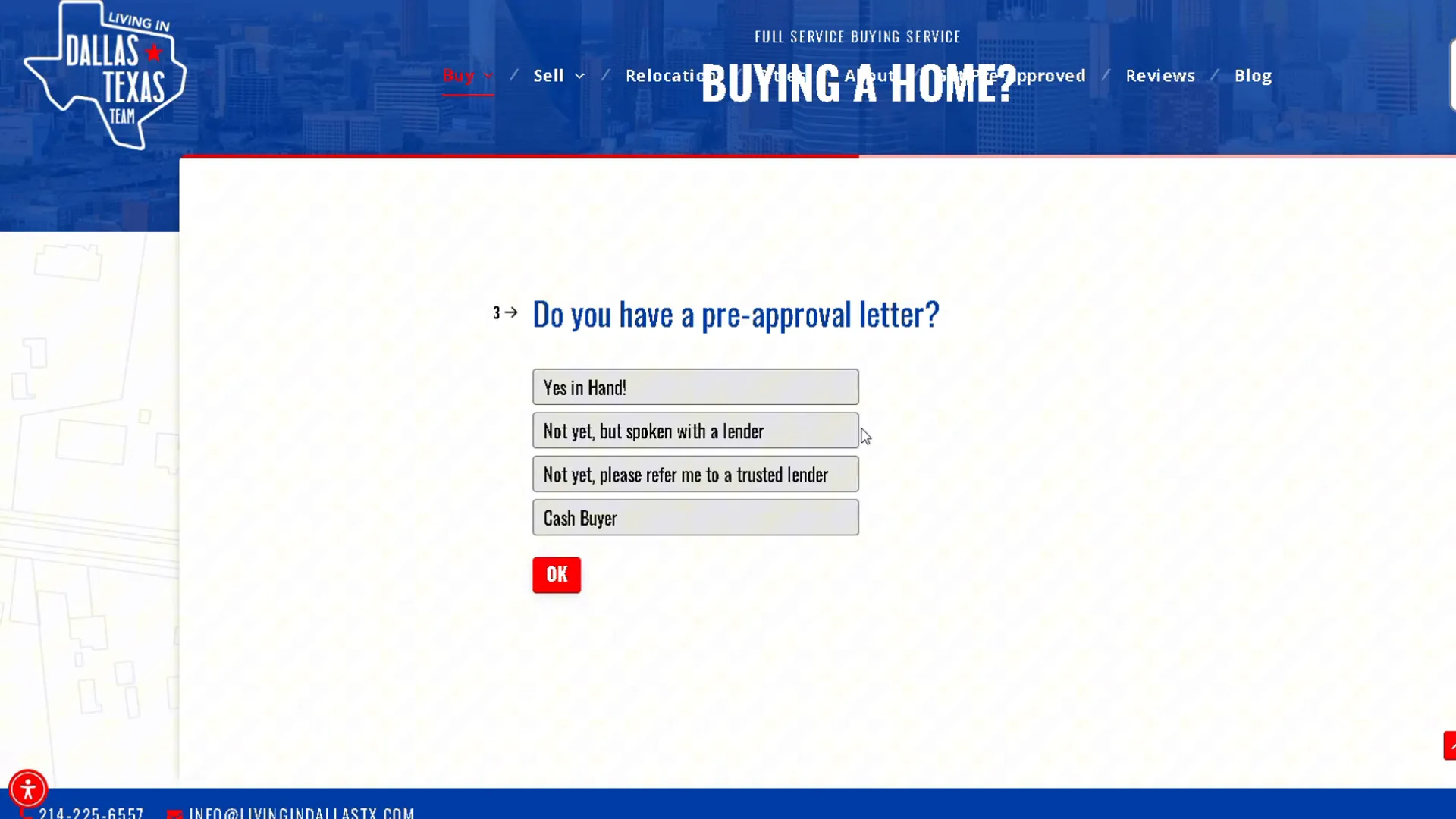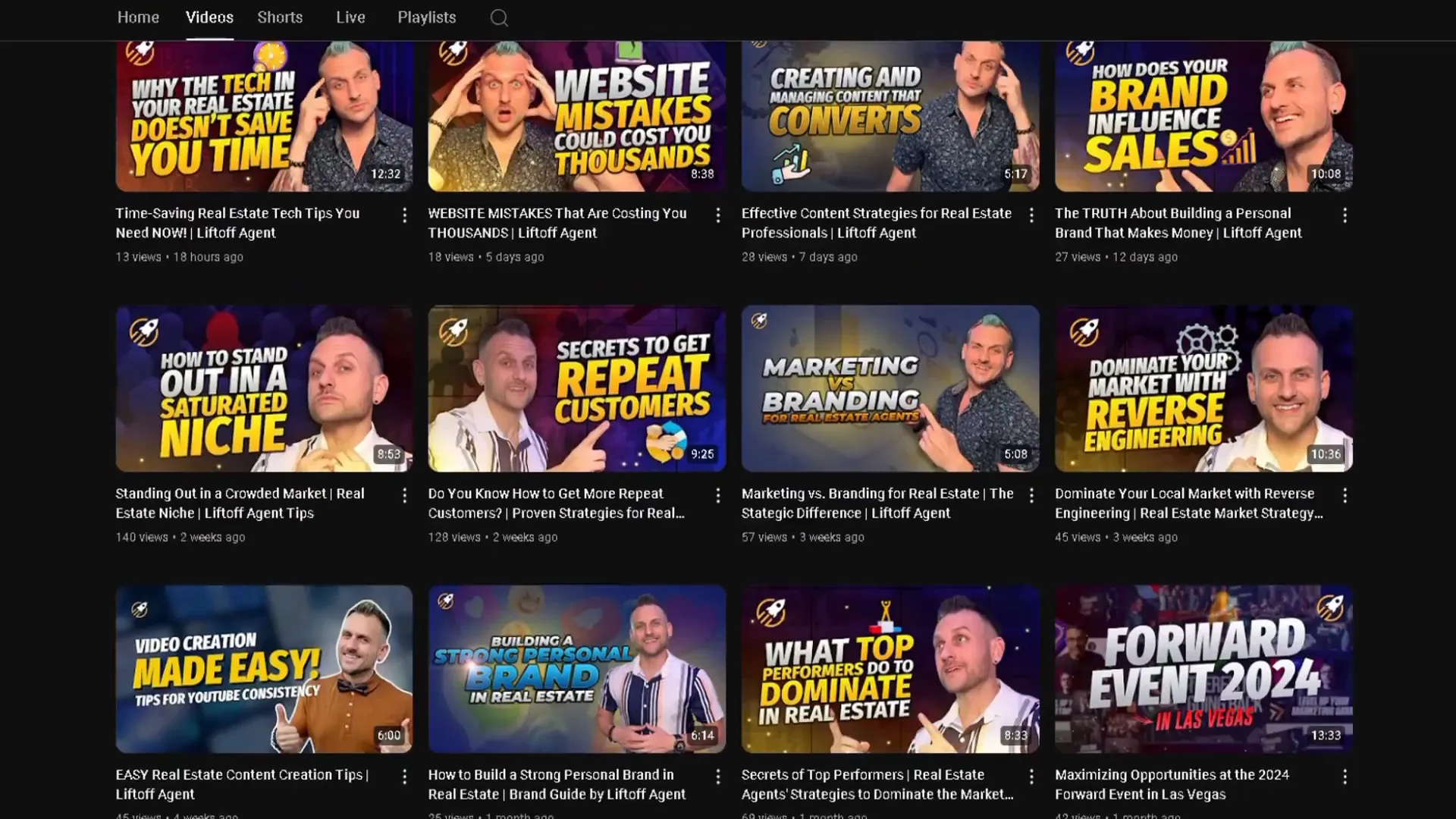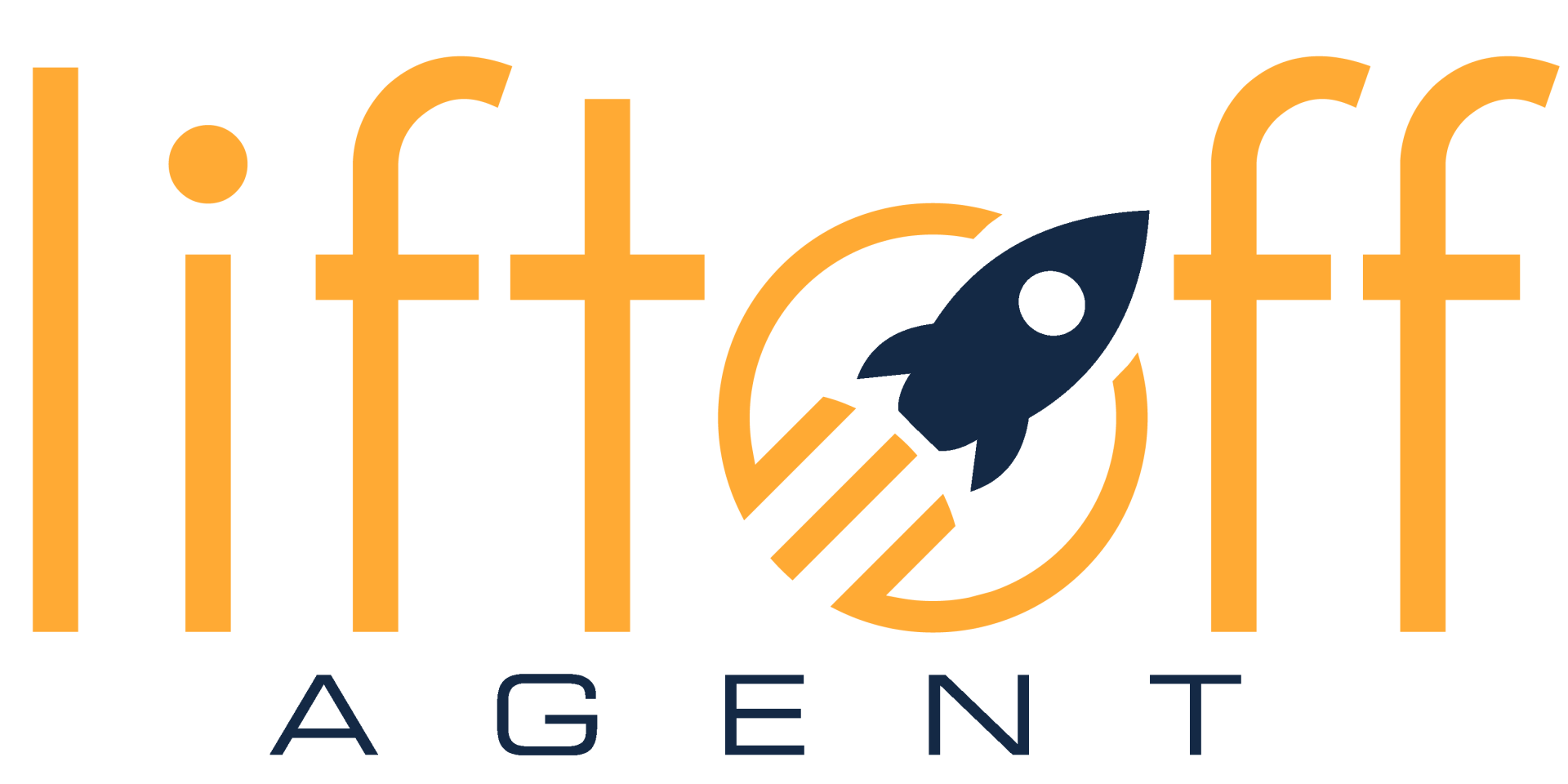Harnessing Real Estate Automation to Maximize Efficiency
In the fast-paced world of real estate, real estate automation is essential for enhancing productivity and improving client interactions. This blog delves into innovative strategies that can save you time, streamline your processes, and help you focus on what truly matters—growing your business and spending quality time with loved ones.
Table of Contents
- The Challenge of Repetition in Real Estate
- Expanding Your Reach with Relocation Resources
- Maximizing Your Content Through Technology
- The Importance of Feedback and Community Engagement
- Continuous Learning and Adaptation in Real Estate
- FAQ: Common Questions About Real Estate Automation
The Challenge of Repetition in Real Estate
Real estate professionals often find themselves in a cycle of repeating the same information to clients. This not only drains energy but also takes away valuable time that could be spent on more productive tasks. The repetitive nature of client interactions can lead to frustration and burnout.
Imagine the hours spent answering the same questions about listings, mortgage processes, or local market trends. This scenario is far too common in the real estate industry. By identifying the root of this issue, agents can take proactive steps to mitigate it.
Embracing Technology: The Power of TypeForms
One effective solution to combat repetition is to leverage technology, particularly tools like TypeForms. These online forms allow agents to gather essential information from potential clients before engaging in a conversation. This not only saves time but also ensures that the agent's efforts are focused on qualified leads.
By utilizing TypeForms, agents can create a streamlined workflow that collects information such as budget, desired location, and readiness to buy. This data equips agents with the insights needed to tailor their conversations and provide value right from the start.
Validating Your Time as a Real Estate Professional
Time is a precious commodity, especially for those balancing personal and professional lives. As real estate agents, validating how you spend your time is crucial. Would you prefer to answer repetitive questions or engage meaningfully with clients?
By implementing automation tools, agents can prioritize family time while still addressing client needs effectively. A simple form can filter out unqualified leads and ensure that only serious inquiries take up your time.
Streamlining Buyer Interactions with Automation
Automation can revolutionize how agents interact with buyers. By sending potential clients a link to a TypeForm questionnaire, agents can collect vital information before any direct conversation occurs. This process ensures that when you do connect, the discussion is focused and productive.

For instance, if a client indicates they are pre-approved for a substantial amount, agents can tailor their property suggestions accordingly. This approach not only enhances efficiency but also builds a stronger rapport with clients.
Utilizing YouTube Playlists for Client Education
YouTube can serve as a powerful tool for educating clients. By creating playlists that cover various topics—such as the home-buying process, local market insights, and community highlights—agents can provide valuable resources that clients can access at their convenience.
This not only reduces the need for agents to repeat themselves but also positions them as knowledgeable resources in their field. Clients appreciate having access to information that helps them make informed decisions.
Creating Standard Operating Procedures
Standard Operating Procedures (SOPs) can streamline operations in any real estate business. By establishing clear guidelines for how to handle inquiries, follow-ups, and client interactions, agents can ensure consistency and efficiency.
For example, an SOP might dictate that all new inquiries receive a TypeForm link, followed by an automated email that includes educational resources. This structure not only saves time but also enhances the overall client experience.
Leveraging Past Efforts for Future Success
The key to minimizing repetition lies in leveraging past efforts. By creating educational content, such as videos and written guides, agents can provide clients with resources that address common questions and concerns.
Having a repository of content allows agents to direct clients to relevant materials without having to restate the same information repeatedly. This strategy not only improves efficiency but also enhances client satisfaction.
Maximizing Client Engagement through Automation
Automation tools can significantly enhance client engagement. By integrating TypeForms with other platforms, agents can create a seamless experience for clients. For instance, a potential buyer can fill out a form that automatically schedules a follow-up call based on their responses.
This level of automation not only reduces the burden on agents but also provides clients with timely and relevant information based on their specific needs. It’s a win-win situation that fosters better relationships.
Expanding Your Reach with Relocation Resources
In the competitive real estate market, understanding the needs of relocating clients can set you apart. Many buyers moving to a new area have specific questions and concerns about their new community. Providing relocation resources can streamline the process for both you and your clients.
Start by creating a dedicated relocation page on your website. This page can feature essential information about the neighborhoods you serve, including schools, amenities, and local attractions. Additionally, consider including testimonials from clients who have successfully relocated to the area.
Utilizing Video Content for Relocation
Video content is a powerful tool for engaging potential clients. Create a series of videos that showcase different neighborhoods, highlighting key features that would appeal to newcomers. YouTube playlists can be particularly effective for categorizing these videos, making it easy for clients to find relevant information.
When potential buyers can visualize their new community, they are more likely to feel confident in their decision to relocate. This approach not only enhances your credibility but also positions you as a trusted resource during their transition.

Maximizing Your Content Through Technology
Incorporating technology into your content strategy can significantly boost your efficiency. Tools like TypeForms can help you gather important information from clients, enabling you to tailor your marketing efforts effectively.
Using automation, you can send personalized follow-up emails based on the responses you receive. This not only saves time but also ensures that your messaging is relevant to each client's unique situation. By maximizing your content's reach, you can create more meaningful interactions with potential buyers.
Creating Engaging Content Across Platforms
To maximize your reach, diversify your content across various platforms. Utilize social media, blogs, and email newsletters to share valuable insights and updates about the real estate market. Each platform offers a unique way to engage with your audience, so tailor your content accordingly.
For instance, you might share quick tips on Instagram, while providing in-depth analysis on your blog. This multi-faceted approach ensures that your audience receives information in a format that resonates with them.

The Importance of Feedback and Community Engagement
Regularly seeking feedback from your clients can help you refine your services. Creating a feedback loop allows you to understand their needs better and make necessary adjustments. It’s essential to stay connected with your community to foster strong relationships.
Consider hosting community events or webinars to engage with potential clients. These gatherings can provide valuable insights into the needs of your audience while allowing you to showcase your expertise. Building a sense of community can significantly enhance your brand's reputation.
Utilizing Client Testimonials
Client testimonials are powerful marketing tools. They not only build credibility but also provide social proof of your effectiveness as a real estate professional. Encourage satisfied clients to share their experiences through reviews and testimonials.
Feature these testimonials prominently on your website and social media pages. When potential clients see positive feedback from others, they are more likely to trust you and reach out for assistance.
Continuous Learning and Adaptation in Real Estate
The real estate industry is constantly evolving. Staying updated with the latest trends, technologies, and market dynamics is crucial for success. Continuous learning will enable you to adapt your strategies and remain competitive.
Participate in workshops, webinars, and training programs to enhance your skills. This commitment to professional development will not only benefit your career but also improve the service you provide to clients.
Implementing New Technologies
As new technologies emerge, consider how they can enhance your business operations. From customer relationship management (CRM) systems to advanced marketing tools, leveraging technology can streamline your workflow and improve client interactions.
By embracing innovation, you position yourself as a forward-thinking agent who is prepared to meet the demands of today’s market.
FAQ: Common Questions About Real Estate Automation
What is real estate automation?
Real estate automation refers to the use of technology to streamline and improve various tasks within the real estate industry. This can include automating lead generation, client communication, and transaction management.
How can I start automating my real estate business?
Begin by identifying repetitive tasks in your workflow. Consider implementing tools like TypeForms for client inquiries and automated email marketing platforms to nurture leads.
What are the benefits of automation in real estate?
Automation can save time, reduce errors, and enhance client engagement. By streamlining processes, you can focus on building relationships and closing deals.
Is automation suitable for all real estate professionals?
Yes, automation can benefit agents at any stage of their career. Whether you are a new agent or a seasoned professional, integrating automation into your business can lead to increased efficiency and productivity.
How do I measure the success of my automation efforts?
Track key performance indicators (KPIs) such as lead conversion rates, client satisfaction scores, and time saved on tasks. Analyzing these metrics will help you assess the effectiveness of your automation strategies.
In conclusion, the integration of real estate automation can transform the way agents operate. By embracing technology, establishing clear procedures, and leveraging existing resources, agents can maximize their efficiency and provide exceptional client experiences.
Need help with real estate automation? Our team is ready to assist! Schedule a FREE consultation and strategy session today and let’s streamline your business together.

We specialize in working with real estate agents and teams to build local authority. We do this through creating and managing your brand, website, video and social presence.
We'd love to chat and show you how you can dominate your local market and avoid wasted marketing dollars.
Subscribe to Newsletter
Newsletter
We will get back to you as soon as possible.
Please try again later.

All Rights Reserved | Liftoff Agent